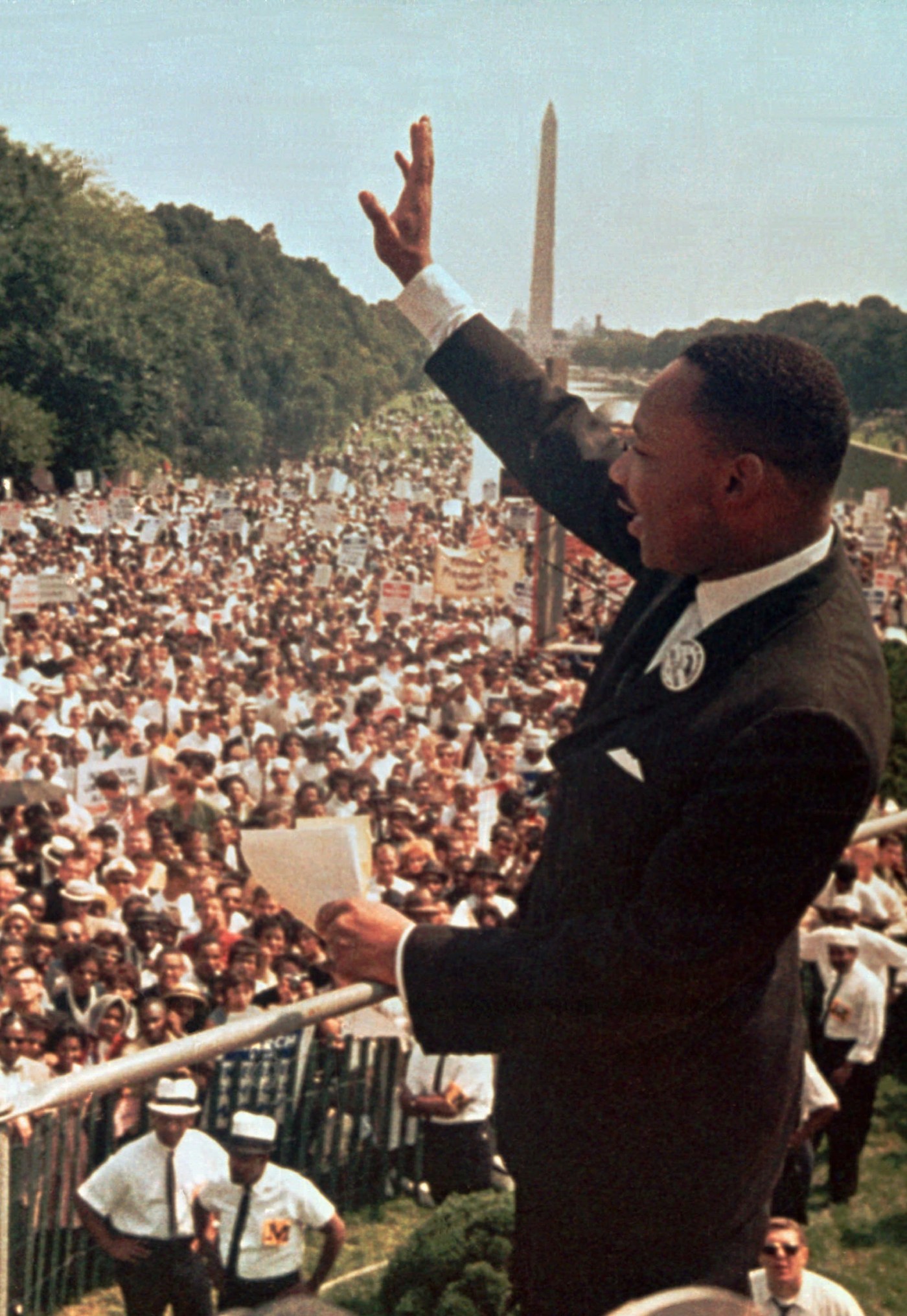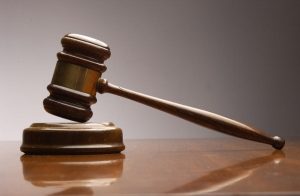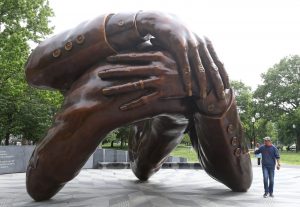
Patterson: Martin Luther King educated our nation
Dr. Martin Luther King, Jr. would have been 95 years old this year. Tragically, he was assassinated in Memphis in 1968. Jan. 15, Dr. King’s birthday, is a federal holiday to remember the importance of his life and service.
The King Holiday and Service Act of 1994 created the Martin Luther King Jr. Day of Service. It encourages Americans to volunteer to address community issues, such as educational disparities, hunger and homelessness.
Dr. King ministered not only to his church congregation but to a nation hurting due to the evil of segregation. King’s campaign to end segregation continues to inspire people around the world.
Segregation was so oppressive that Blacks could be arrested for entering a public library to borrow a book or for drinking from a public White-only water fountain. By his marches, rallies, church gatherings and boycotts, King remained dedicated to ending segregation. He never let fear distract him from his mission.
My favorite quote from King is, “The function of education is to teach one to think intensively and to think critically. … Intelligence plus character — that is the goal of true education.”
King recognized that when segregation fell, public education would improve. He believed that improved educational systems would improve understanding between the races.
Some psychologists of the era believed that segregation was demoralizing to whites, too.
In 1963, popular psychologist and syndicated columnist Dr. Joyce Brothers wrote a column where she identified six ways segregation harmed white kids. She said that segregation could cause white kids to lose respect for authority figures and experience repressed guilt, among other things. Segregation may also create awkward professional relationships in workplaces. Brothers believed that segregation was psychologically damaging to all students.
In the excellent book “Combined Destinies: Whites and Blacks Confronting Racism” (2013, University of Nebraska Press), psychotherapists Ann Todd Jealous and Caroline T. Haskell edited stories from individuals who expressed remorse for behaviors, such as unearned privilege, that may have arisen due to segregation’s lasting effect on them and their families.
While the psychological damage of segregation may be long-lasting, the healing power of King’s lessons, sermons and life experience is also long-lasting. Church services offer an opportunity to reflect on King’s work. Libraries, museums and schools are other places that offer programs designed for the King holiday. Community food banks offer rewarding volunteer opportunities.
Celebrate the Rev. Dr. Martin Luther King Jr. holiday with family and friends. It is a time to rejoice with one another on the progress made to create a spirit of unity and forgiveness across the nation.
James Patterson is an American author/InsideSources


